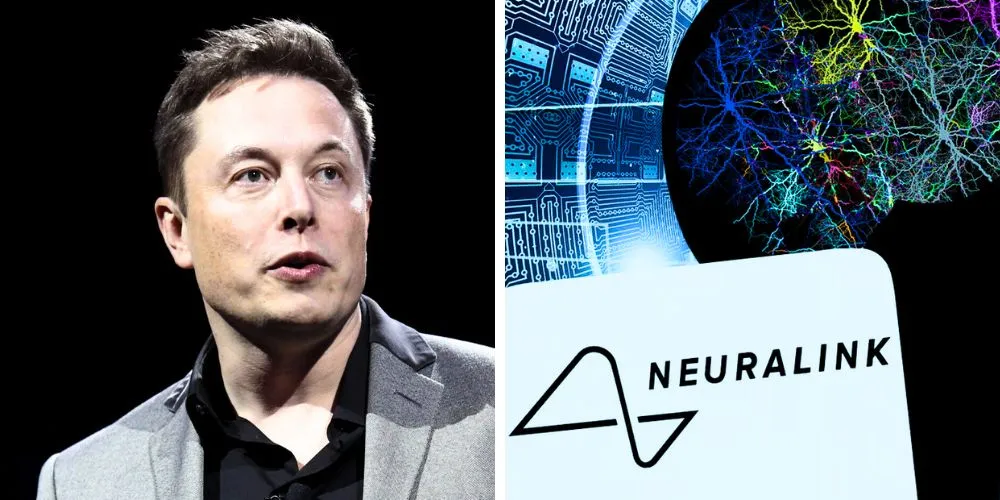Key Points
- Elon Musk’s company, Neuralink, filed for “small disadvantaged business” status with the U.S. government.
- The filing occurred just before a funding round valued the company at $9 billion.
- The SDB status is designed for businesses owned by economically disadvantaged individuals, providing them a competitive advantage in winning federal contracts.
- At the time, Musk was leading a government department that was cutting funds for diversity and inclusion programs.
Elon Musk’s health tech company, Neuralink, identified itself as a “small disadvantaged business” in a federal filing, a move made shortly before a financing round valued the company at a staggering $9 billion.
Neuralink is developing a brain-computer interface to help people with severe paralysis. The “small disadvantaged business” (SDB) status, which is granted by the U.S. Small Business Administration (SBA), is designed to help companies owned and controlled by “socially and economically disadvantaged” individuals. This designation gives them preferential access to federal contracts.
The company submitted the filing in April, at the same time Musk was heading the Trump administration’s Department of Government Efficiency (DOGE). That department was actively working to slash federal spending, including cutting hundreds of millions of dollars for diversity, equity, and inclusion (DEI) initiatives. The Department of Justice has previously fined companies for making false claims about their status with the Small Business Administration (SBA).
Musk is the world’s wealthiest person and the CEO of major companies, including Tesla and SpaceX. His money manager, Jared Birchall, was listed as the contact person on Neuralink’s filing.
Shortly after the filing, Neuralink closed a $650 million funding round in June at a valuation of $9 billion. The company stated that the new funds would enable it to bring its technology to more patients.





